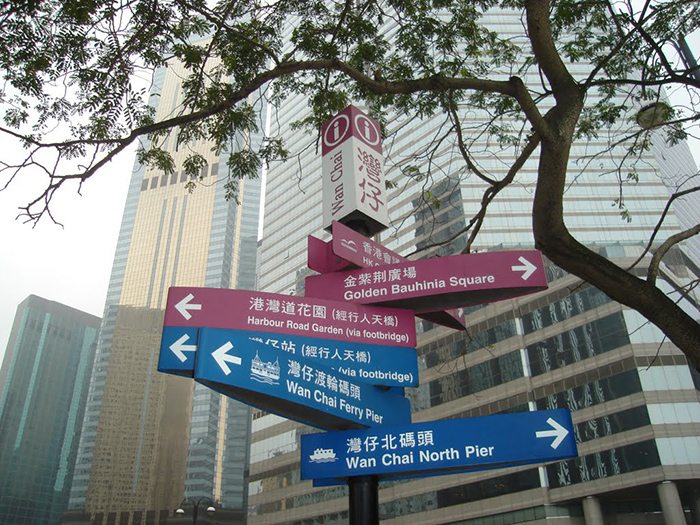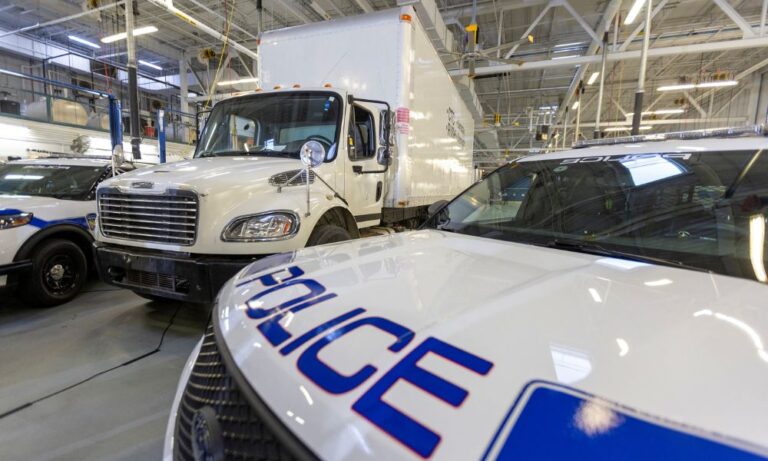Hong Kong is facing a severe political crisis, and probably more street protests, after China barred two pro-independence politicians from taking up their seats in the city’s rubber-stamp legislature.
Since Britain returned the city to Chinese rule in 1997, Beijing has tolerated activities not allowed on the mainland: annual vigils for those killed in the Tiananmen Square massacre, newspapers publishing gossip about China’s leaders and huge demonstrations for free elections and independence.
But now Chinese President Xi Jinping’s government has intervened in a local court case to block the elected politicians.
In acting against them, Beijing has asserted new authority in Hong Kong – opening an era in which elected officials are held to a vague standard of political loyalty and blacklisted if they fall short.
The intervention in Hong Kong’s independent legal system could damage the territory’s reputation as an international trade and finance hub. Many multinational corporations, banks and law firms are based there because of the dependability and fairness of its courts.
Businesses also find Hong Kong appealing because of its political stability, but thousands of demonstrators clashed with police on Sunday night in anticipation of Beijing’s action. More protests are expected.
Yau Wai-ching and Sixtus “Baggio” Leung were elected in September. At a chaotic swearing-in ceremony in late October Yau and Leung refused to declare their allegiance to China, carrying blue flags reading: “Hong Kong is not China.”
On Monday Beijing declared the pair’s oaths are invalid, they will not be allowed to take them again and will not be able to hold office.
Emily Lau, a veteran member of Hong Kong’s pro-democracy camp, said Beijing had decided to intervene because it feared the spread of independence to mainland regions such as Tibet and Xinjiang where there is longstanding resistance to the Communist party’s rule.
Lau, who chairs Hong Kong’s Democratic party, said that by preventing Leung and Yau from taking up their seats Beijing hoped to nip Hong Kong’s independence movement in the bud.
“But you can’t nip it because there are many students in secondary schools and in universities who support the idea,” she said.
“What Beijing should be asking is not so much, ‘How do we get rid of it?’ It is, ‘How come our young people – and even those who are not so young – how come they advocate [independence]?’”
Eddie Chu, a pro-democracy politician, said Beijing’s intervention would only fuel greater opposition from young people who were increasingly disillusioned with its rule.
“Every time Beijing tries to use legal instruments to stop Hong Kong people seeking democracy, the opposite will happen. More people, in particular young people, will be more determined in thinking about breaking through the restrictions set by Beijing,” Chu said.
However, pro-China voices welcomed the ruling. Holden Chow, one of the rising stars of Hong Kong’s pro-Beijing camp, said there was no place for such voices in the legislature.
“Hong Kong is indeed part of China,” Chow added. “If you deny that, why would you participate in the legislative chamber? Why would you insist on having a seat? … Obviously, without their presence it will be better.”
After the UK handed Hong Kong to China, the city maintained its own laws, courts and freedoms not enjoyed in mainland China under a framework known as the Basic Law – “one country, two systems”.
Many complain those freedoms have been eroded in recent years, leading to nearly three months of street protests in 2014 – known as the umbrella revolution – and September’s election of six pro-autonomy politicians.
The UK has expressed concern at Beijing’s latest move but expressed confidence in the “one country, two systems” system.







